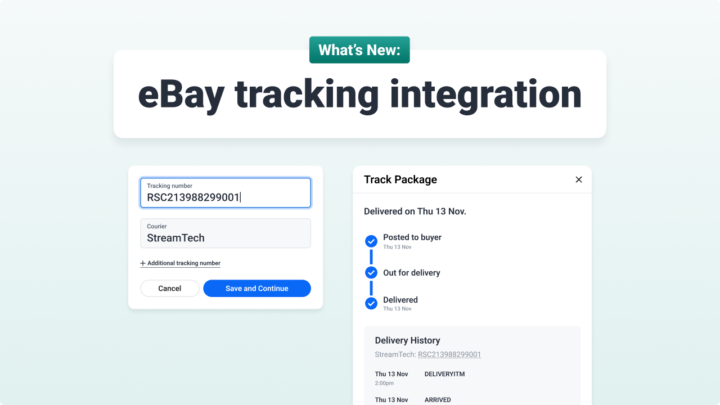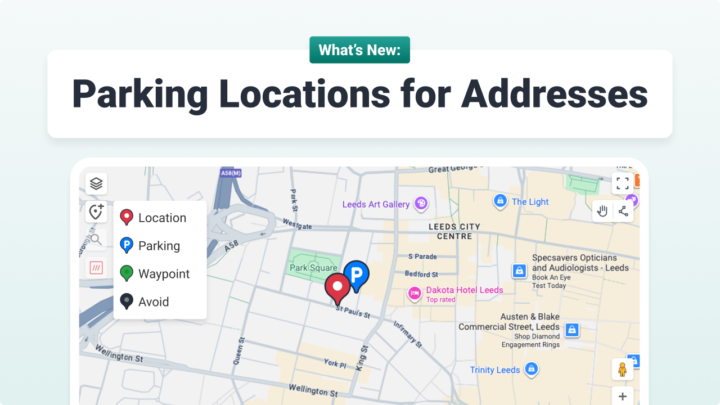How ecommerce is driving the need for ever faster field operations
Zebra Technologies this week released their latest vision study which looks at how leading organisations are using mobility and innovative technologies to meet ever increasing service expectation demands from consumers.
After surveying 2,000 organisations, Zebra’s The Future of Field Operations Study outlines predictions for the future of the mobile workforce. It also reveals the driving forces behind those shifts in the sector.
Jim Hilton, Director of Vertical Marketing Strategy, Manufacturing, Transportation & Logistics at Zebra Technologies said in a press release:
“Driven by the acceleration of e-commerce along with customer’s heightened expectations and more focus within companies on differentiating service levels, the field operations industry is rapidly adapting the way it looks at its mobile technology investments. Our study shows how growing challenges related to the on-demand economy drive organisations to adopt transformative, disruptive technologies such as augmented reality and intelligent labels to provide visibility and integrate business intelligence for a performance edge.”
Zebra conducted the study to help organisations understand upcoming technologies in workforce mobility. It predicts how organisations will be able to keep up with changes in technology.
In Europe, 70 percent of surveyed respondents agreed that ecommerce is driving the need for faster field operations.
With technology moving forward at such a fast pace, it can be hard for businesses to know where to focus and invest for the greatest returns. 36% of organisations see investment in mobile technology as a top priority, with a further 58% viewing it as a growing priority.
Customer demand is evolving and increasing. Invest in technology that empowers your workforce to be more flexible and agile. Give your mobile workforce the tools they need to deliver on those customer expectations.
Investment in disruptive technologies has a two-fold advantage. It enhances the productivity of workers on the front line, whilst improving customer satisfaction during field operations. fleet management, proof of delivery and direct store delivery.
Key benefits of mobile technology:
- Employee productivity / efficiency
- Customer and / or partner satisfaction
- Order fulfilment accuracy
- Revenue / sales increase.
3 key findings on the future of workforce mobility:
1. Front-line workers should be equipped with enterprise mobile devices
While only one-fifth of organisations surveyed currently use enterprise mobile devices for a majority of their field-based operations, the report estimates that this will likely climb to 50% within 5 years. In fact, between 2018 and 2023, the use of handheld mobile computers is forecast to grow by 45%, mobile printers by 53% and rugged tablets by 54%. Workforce mobility devices like these, increase business revenues by enabling you to improve the accuracy of inventory, shipment and assets. By conducting a total cost of ownership (TCO) analysis before investing in mobile devices, you can better understand whether ruggedised enterprise devices can provide better productivity, efficiency and cost-savings than consumer-grade smartphones for your field operators.
2. Organisations must consider TCO when purchasing enterprise mobile devices
The top TCO considerations revealed in the survey were replacement cost, initial device cost, cost of application development and programming/IT costs. Additionally, ad-hoc costs (device management & support, device lifecycle cadence, and repair costs) increasingly influence the purchase cycle. Organisations, therefore, are looking towards enterprise-grade devices providers, like Zebra, who can provide both clear value and controlled costs.
3. Field operations are being disrupted by emerging technologies & faster networks – and organisations need to keep up
Seven in every ten organisations agree that investment in disruptive technology will be driven by faster mobile networks. More than a third of decision-makers also point to droids and drones as big disruptors. In any case, smart technologies (like VR/AR, sensors, RFID, intelligent labelling, and automated truck loading automation) will play a key role in industry transformation, with over a quarter of respondents viewing them as disruptive factors.
Providing excellent ecommerce & on-demand delivery is key to pleasing today’s customers. In order to fulfil that, front-line workers must take an adaptable and flexible approach. Improve workforce mobility for those front line workers by equipping them with the enterprise mobile devices they need. Download the whitepaper from Zebra Technologies today, or schedule a demo with our team to learn more.



